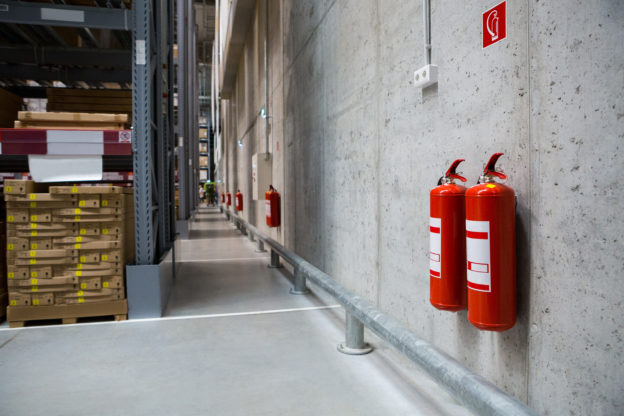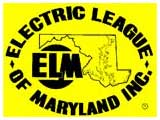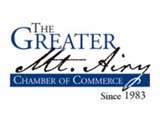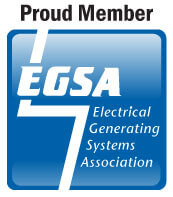These days, when we speak of workplace safety, we usually think of personal protective equipment, like face masks, gloves, etc. and social distancing.
However, as employees gradually return to workplaces, we also need to protect them from fire, electrical hazards, dust explosions and accidents.
An important protection against workplace fires is fire extinguishers. They need to be in a handy spot where they can put out or control a fire until the fire department arrives. Fire extinguishers must have the seal of an independent testing laboratory, and be labelled with standard symbols for the kind of fires it can extinguish:
There are four classes of fire extinguishers – A, B, C and D – and each class can put out a different type of fire.
- Class A extinguishers will put out fires in ordinary combustibles such as wood and paper
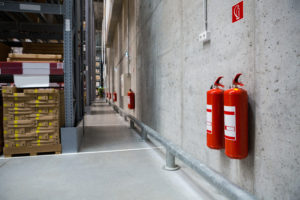
- Class B extinguishers are for use on flammable liquids like grease, gas and oil
- Class C extinguishers are suitable for use only on electrically energized fires
- Class D extinguishers are designed for use on flammable metals
Multipurpose extinguishers can be used on different types of fires and will be labeled with more than one class, like A-B, B-C
or A-B-C.
Extension cords can be another workplace hazard. They’re fine for a lamp or small appliance, but they should be a temporary fix, because over time extension cords can deteriorate and become an electrical shock, fire, or tripping hazard. For more extension cord safety rules, click here.
Depending on your business, anti-dust equipment is a must. For example, coal, cement, asbestos, grain, flour, wood, metals leather, rubber, silica, and so on, can produce hazardous dusts. Concentrated dust can be combustible and cause fires or explosions. It can also be hard on your staff, causing rashes, asthma, eye and nose damage, and even cancer.
An exhaust ventilation system, dilution ventilation or vacuum can be used. Protective equipment and clothing can also be used to keep your employees safe.
It’s easy to forget to unplug electrical equipment, but it’s also important to do, especially prior to a storm or heavy rain. If you lose power during a storm or flood, switch off electrical equipment and then unplug it. Be sure to grab the plug and not the cord to prevent damage to the wiring.
And remember, before you enter a flooded business or home, have a licensed electrician and utility personnel check to make sure the building is safe from shock and electrocution risks.
